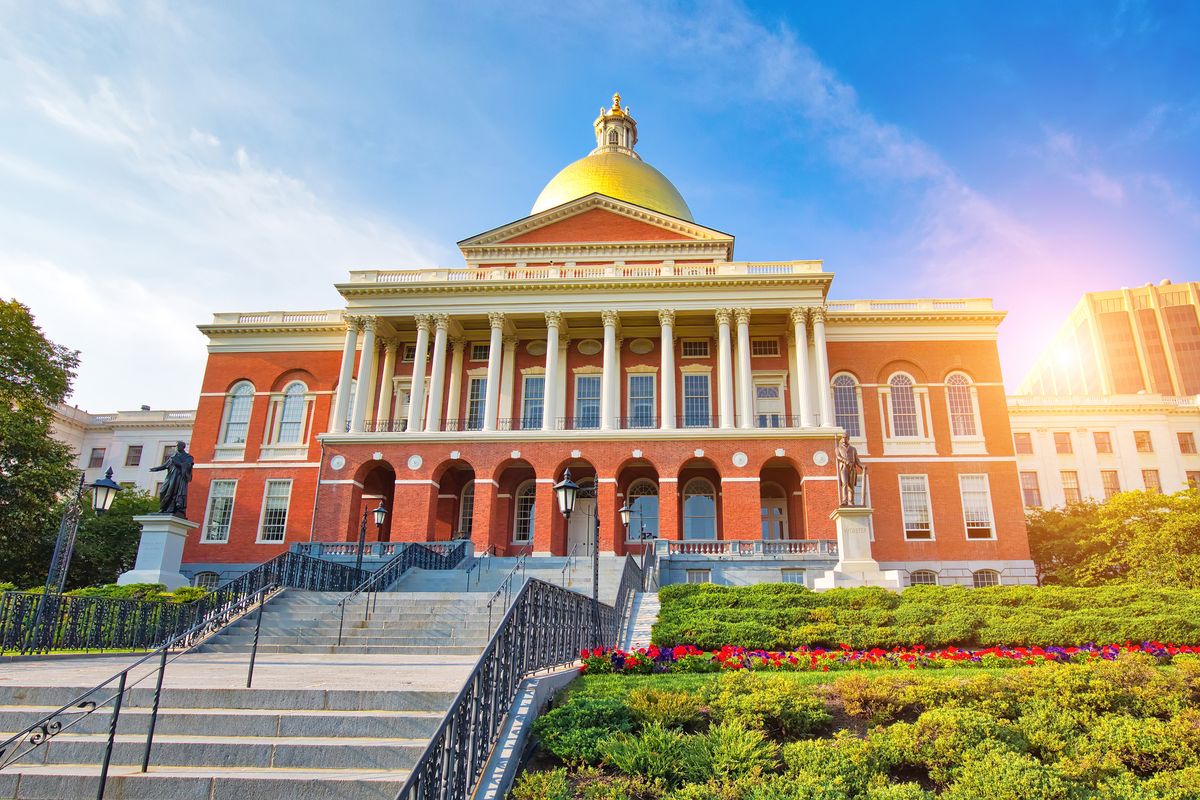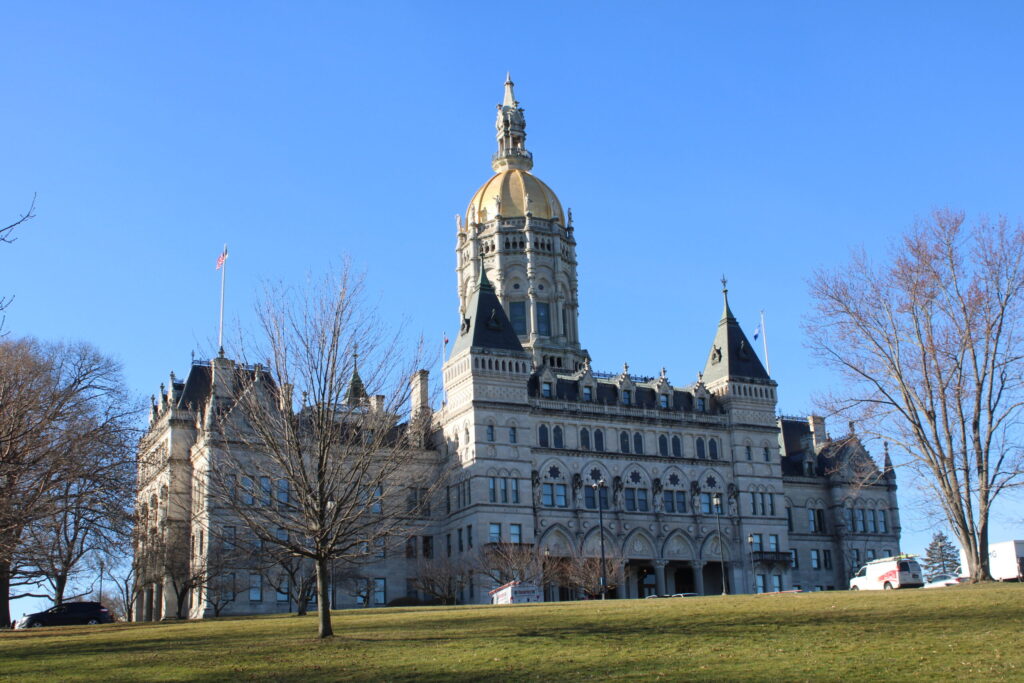Lawmakers have compromised on a widespread Massachusetts tax relief package, which includes tax breaks for residents of all income levels. What some call the largest tax relief package in history would cost the Commonwealth $1 billion when the legislation is fully phased in.
The Massachusetts House voted overwhelmingly in favor of the bill Wednesday, and the Massachusetts Senate is expected to vote on the package soon. Gov. Maura Healey says the tax relief would make Massachusetts “more affordable,” adding that she looks “forward to reviewing the details” when the legislation reaches her desk. (That could be as soon as the end of this week.)
Massachusetts tax relief bill
The Massachusetts tax cut bill would benefit nearly all taxpayers in the Commonwealth, with significant tax relief for earners with low and middle incomes. Wealthier taxpayers may also see savings under the proposed estate tax cut.
Subscribe to Kiplinger’s Personal Finance
Be a smarter, better informed investor.
Save up to 74%
Sign up for Kiplinger’s Free E-Newsletters
Profit and prosper with the best of expert advice on investing, taxes, retirement, personal finance and more – straight to your e-mail.
Profit and prosper with the best of expert advice – straight to your e-mail.
The package is expected to cost Massachusetts $561 million this year and $1 billion by fiscal year 2027.
Massachusetts child tax credit for 2023
The bill calls for a Massachusetts expanded child tax credit, which would eliminate the maximum number of eligible dependents that can be claimed. Under current law, taxpayers can only claim two dependents, regardless of the number of children in the household. The legislation would also increase the amount of the credit, which would more than double by the 2024 tax year.
- The amount of the Massachusetts child and dependent tax credit would increase from $180 to $310 per dependent for the 2023 tax year.
- For the 2024 tax year, the amount of the credit would jump to $440 per eligible dependent.
What does this mean? With no cap on the number of eligible dependents and the increase in the credit amount, a family with four qualifying dependents could see the tax credit increase by $1,400 in 2024.
Renter and homeowner credit increase
Massachusetts homeowners age 65 and older could see their circuit breaker tax credit double, from $1,200 to up to $2,400. (That means eligible residents could save an additional $1,200 per year.) However, income limits still apply.
Note: Based on limits applicable to the 2022 tax year, individuals could make $64,000 ($96,000 for married homeowners) and still qualify for the credit. Income thresholds can change annually.
Eligible renters in Massachusetts would also get a tax break. Under current law, eligible renters can deduct up to $3,000 of rent paid during the year. Under the proposed legislation, this amount would increase to $4,000. Eligible renters could deduct $4,000 if they pay at least $8,000 a year for rent. The allowable deduction amount is less for residents who have lower rental costs.
- The allowable rental deduction would be $3,500 for renters paying $7,000 per year.
- Renters paying $6,000 or less per year would not benefit from the deduction increase under the proposed package. Their maximum allowable deduction would remain the same as for the 2022 tax year.
Massachusetts estate tax credit
Higher earners in Massachusetts may benefit from the proposed estate tax exclusion. Under the tax relief bill, the estate tax exemption would increase from $1 million to $2 million. That means estates valued at under $2 million wouldn’t be taxed by Massachusetts.
Given the newly imposed Massachusetts millionaire tax previously reported on by Kiplinger, the new estate tax cut could be welcomed by wealthier residents.
Massachusetts capital gains tax relief?
A proposed short-term capital gains tax cut could also provide a benefit for Massachusetts’ higher earners. The current Massachusetts capital gains tax of 12% would, under the bill, be reduced to 8.5%. However, tax savings for wealthy residents could be reduced under another provision in the package.
Under current state law, Massachusetts refunds taxpayers if more than a specified amount of tax revenue is collected during a fiscal year. The amount refunded is based on the amount of taxes paid. If the proposed legislation becomes law, Massachusetts will still be required to refund excess tax revenue, but that excess amount would be evenly distributed among taxpayers. So, higher earners who pay more in taxes would no longer receive higher tax rebates than taxpayers who paid less.






















/cdn.vox-cdn.com/uploads/chorus_asset/file/25822586/STK169_ZUCKERBERG_MAGA_STKS491_CVIRGINIA_A.jpg)

/cdn.vox-cdn.com/uploads/chorus_asset/file/25821992/videoframe_720397.png)



